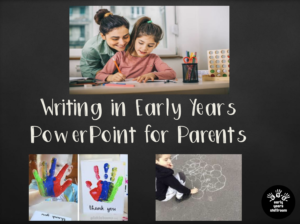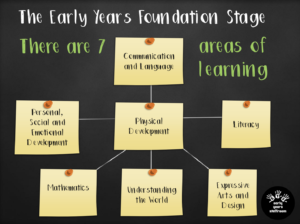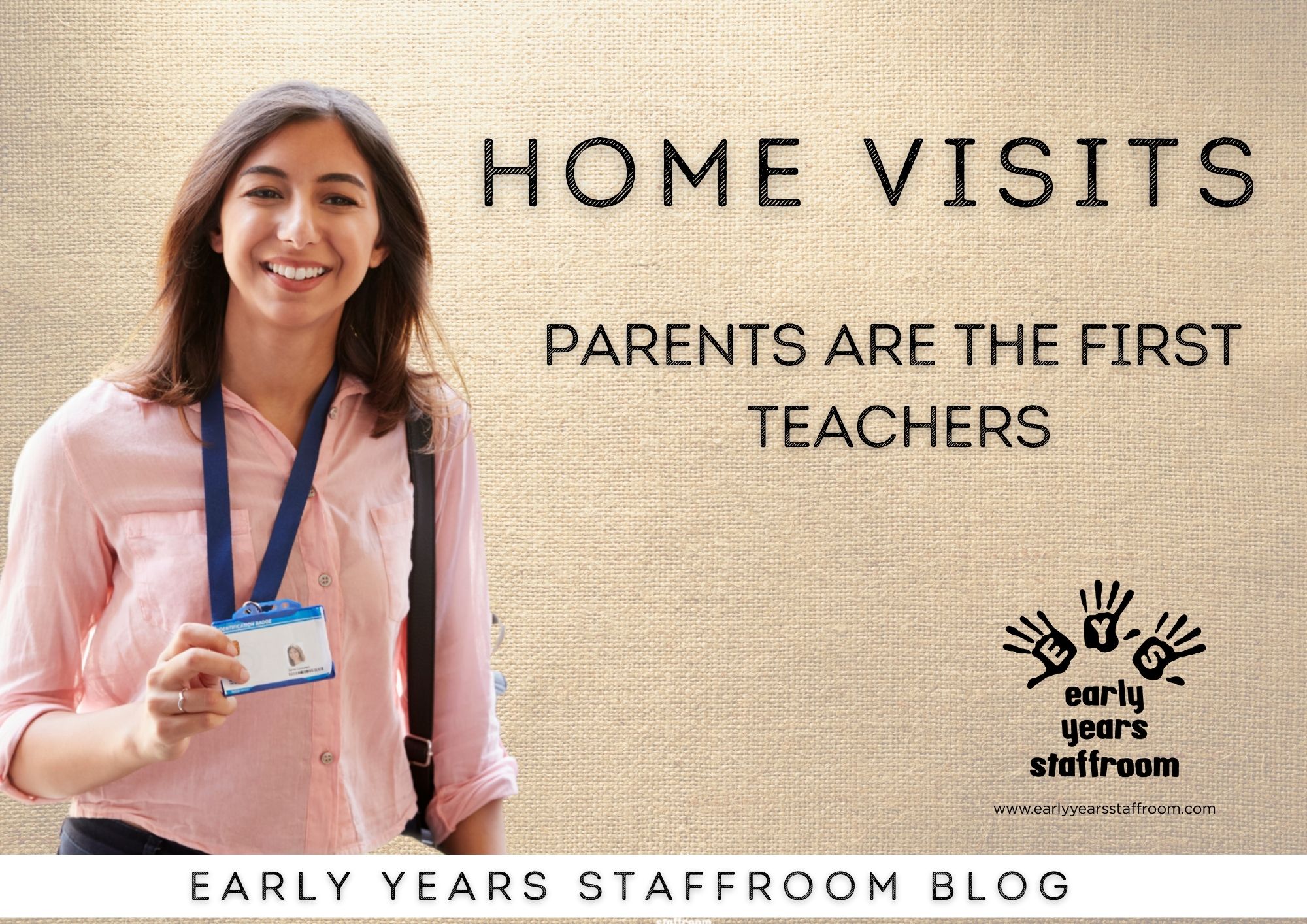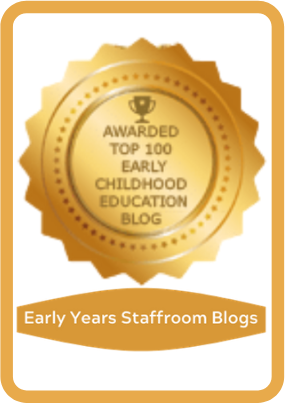Are home visits a good idea? By Sarah Detheridge at the Early Years Staffroom
The statutory framework for the Early Years Foundation Stage (EYFS) does not refer to home visits however building relationships with parents is fundamental in the Early Years Foundation Stage (EYFS). Research shows that strong teacher relationships with parents improves a child’s progression through Education. I have always believed that ‘Parents are the first teachers’. Having a respectful working relationship with parents can really benefit the child and teachers can gain so much knowledge to build up a picture of the child’s learning and development which will in turn help children progress further. When I was a nursery teacher I always did home visits and it really helped to see the child in their home environment as it meant I had something to talk to them about that was personal to them, not only if they were a bit unsettled when they first started nursery, but also to build up a warm, trusting relationship. Most of all, home visits enabled me to get know the child better than I ever would have without a home visit. Taking an ‘All about Me book’ is a good way to find out more about the child’s preferences as well as giving the opportunity for the parent to help the child complete it, and prepare them for nursery.
Home visits are also really beneficial for parents as it begins building relationships and eases any of their concerns, parents will feel happy to talk about routines and expectations. Some teachers and parents may feel uncomfortable with the idea of home visits, Teachers may be conscious of ‘intruding’ in the family home, and parents may feel a range of emotions from anxiety of their own school experience, reluctance, pressure to tidy the house or a disruption in their routine.
I found several mixed views online from parents and whilst I was aware that some parents feel apprehensive I thought it would be a good idea to share some points to consider approaching home visits sensitively if you have never had to carry one out before, or questions to think about that you may not have considered (see below).
“I have to say, it is really good for the child to get to know the teacher a bit, and for them to see the teacher in their own environment. So many children are really chuffed when they come into school, and they see the teacher and then say, ‘You were at my house!”
Points to consider before carrying out a home visit
- Think about your safety first – always go in pairs and ensure you have a mobile phone to contact the school in emergencies.=
- Have you completed a risk assessment?
- Do you need any training beforehand?
- Confirm with the parent that the home visit can still go ahead
- Is there any photos and resources you can take to show children?
- Is there a procedure you need to follow?
- Will you need an interpreter for families that have English as a second language?
- Guarantee parents privacy
- Make it clear that there is no obligation to accept a home visit and explain why you are doing it
Points to consider during the home visit
- It is an opportunity to get to know the child so whilst one of you is talking to the parent, the other can be interacting and getting to know the child
- Talk about the setting, routines, what clothing is needed, expected behaviour etc.
- Let the parent speak, ask questions and listen to their views and information given about their child
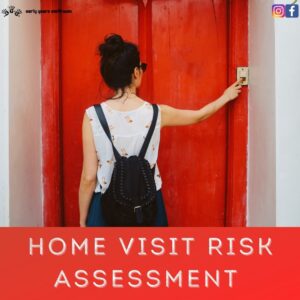
This is a risk assessment for staff who are conducting home visits. - Discuss the child’s development
- Keep it informal and friendly
If the child has met you already, you will be a familiar face to them, and this can really help them to settle in. Try to remember something that you noticed or were told on the home visit such as “Do you remember me coming to your home?” “I remember that you like playing with cars, we have cars at Nursery too”, “I’ve put the dinosaurs out as I remembered you like those”, “Is your baby brother starting to walk yet?”. Comments like these can be reassuring to the child and they will feel more connected to the setting and start to build a good relationship with you.
Parent Meeting PowerPoints
